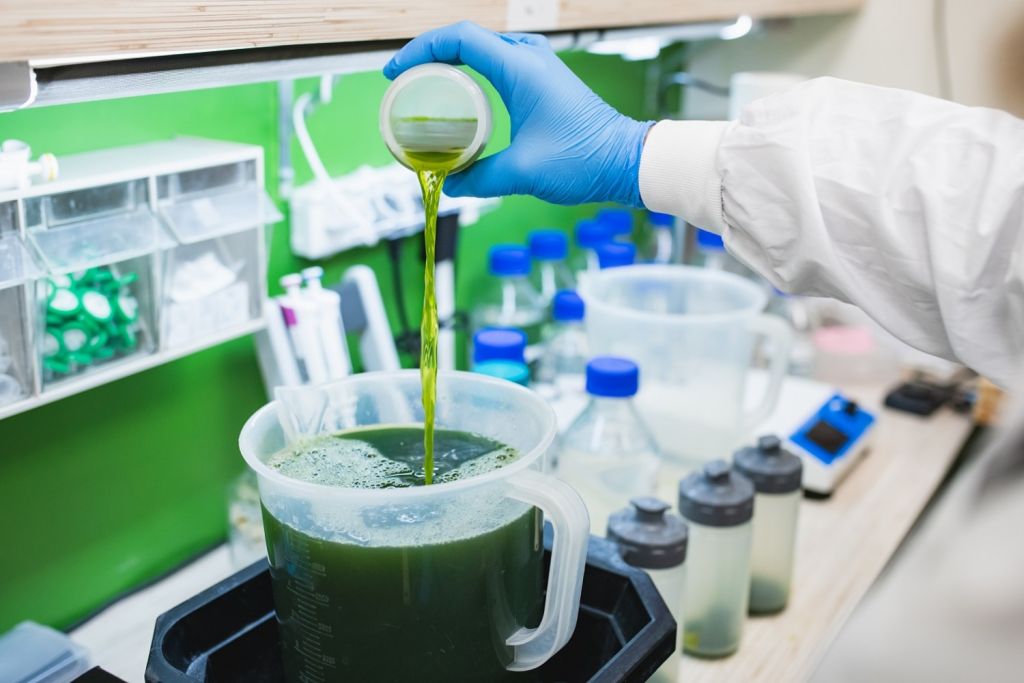Newsletter Signup - Under Article / In Page
"*" indicates required fields
Cell cultured meat could now be produced on a broader scale thanks to funding of $10 million invested in the Israeli start-up BioBetter Ltd.
Food-tech BioBetter Ltd., received the significant injection of capital in its series A round of funding which was led by Jerusalem Venture Partners (JVP) with additional investment from Milk and Honey Investments LLC and the Israeli Innovation Authority.
Cell-cultured meat
The company says the funding will be key to accelerating the production of cell-cultured meat to a wider reach.
BioBetter uses tobacco plants as bioreactors for creating the growth factors necessary for the cellular development of cultivated meat.
The botanical development could significantly reduce the cost of cultured meat and help rapidly advance its commercialization.
The start-up says it is on a mission to relieve one of the biggest bottlenecks in this emerging industry. These include the steep costs and limited availability of growth factors that play a critical role in multiplying cultured meat cells.
Animal-free bioreactors
BioBetter uses a protein manufacturing platform for producing growth factors using tobacco plants (Nicotiana tabacum) as natural, self-sustaining, animal-free bioreactors. The field-grown tobacco plants offer a new, sustainable, efficient, and flexible response to the market need for more competitively priced GFs, specifically insulin, transferrin, and FGF2 (basic fibroblast growth factor). These compounds are necessary to make cultivated meat commercially viable.
Erel Margalit, founder and executive chairman of JVP said: “Biobetter has the key to scale up production of cultivated meat, make it accessible to consumers globally and protect our planet.
“This is not only because of the sheer volumes of GFs it can produce but also by virtue of its ability to substantially reduce their cost.”
Growth factors form the key building blocks for cell-cultured proteins. But the company says that costs currently run anywhere from $50,000 to $500,000 per gram of FGF2. BioBetter said it’s technology has the potential to bring these costs down to just one US dollar per gram.
BioBetter plans to expand to a larger pilot plant
The company says it intends to expand to a larger pilot plant within the Tel Hai Industrial Park in the Upper Galilee Region of Israel. The establishment of the new site, it says, will substantially increase its tobacco plant-processing capacity, enabling it to meet its current pool of commissions emanating from cell-based meat cultivators globally.
Nisan Zeevi, director of JVP and Margalit Startup City Galil, said: “Biobetter has the potential to create global and regional impact.
“Closer to home, this venture will create a significant new source of income for local farmers. As cellular agricultural expands, we will dedicate some 500 acres here in the galilee of tobacco plantations to support the industry. This also helps growers find new purpose in the burgeoning alternative protein scene following a reduction in smoking over the last decade that has left many tobacco fields idle and tobacco farmers suffering financial loss.”
Biobetter is one of the dozens of food-tech start-ups that work under the umbrella of the new the international foodtech center of Margalit Start-up City Galil launched last year.
Partnering 2030: FME Industries Report







